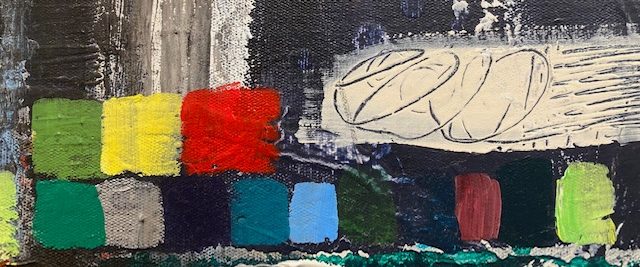
On the importance of being heard
Years ago, as a public defender in Philadelphia, I represented a guy who was charged with a serious felony. The government had made what I believed was a generous plea offer, and I was encouraging the client to take it.
The client declined the offer, we tried the case, and we lost. The client ended up receiving substantially more jail time than he would have had he accepted the plea.
Although I felt terrible about all of this, the client seemed fine – almost giddy — after sentencing. I remember him thanking me, the judge and the prosecutor as he was led away in handcuffs.
And that is when it occurred to me: Who knows how he felt the next day, or the day after that, as the reality of a substantial prison term began to sink in? But on that day anyway, he had been heard.
We had confronted the government’s witnesses, presented our own witnesses, argued before the judge.
He would not have that lingering doubt he had expressed with respect to an earlier conviction: Yeah, he told me. My lawyer talked me into taking that deal. I will always think we could have beaten it at trial.
I was thinking about this recently in connection with an email exchange with a prosecutor.
There was nothing unusual about the exchange: I presented the arguments for either dismissing the case outright or offering my client a favorable diversion program. And the prosecutor responded by denying my request for dismissal.
The difference was in the way he did so.
I have often complained here about the county prosecutors I encountered in Pennsylvania and Virginia. There is nothing worse than a bored county prosecutor handling one misdemeanor case after another, year after year. Yes, I too would be unhappy and I might take this out on yet another defense lawyer seeking an advantage on behalf of his/her client.
But D.C. prosecutors are an entirely different class of professionals. In this case, the prosecutor responded to my email with more than a rote response.
The prosecutor thanked me for the information and said he had relayed it up the chain. In discussing the matter with his supervisors, he said, he had not been given permission to dismiss the case outright. But he could offer my client a “pathway” to ultimate dismissal. He then spelled out what their offer would be. In so doing, he made specific references to my client’s personal situation.
Like I said, there was nothing earth shattering about this response. But it is nice to be acknowledged, considered, noticed, heard.
The Zulu greeting “Sawubona” translated literally means “I see you.”
Because it is important to be seen.
I liked the prosecutor’s response, even if it failed to give us what we asked for. I share every bit of communication with a client, and it was nice to show him that we were at least getting a hearing.
And it was gratifying for my client to see that someone at the prosecutor’s office had thought about him as a person. Because in the end, win or lose, that is all we can really ask for.
